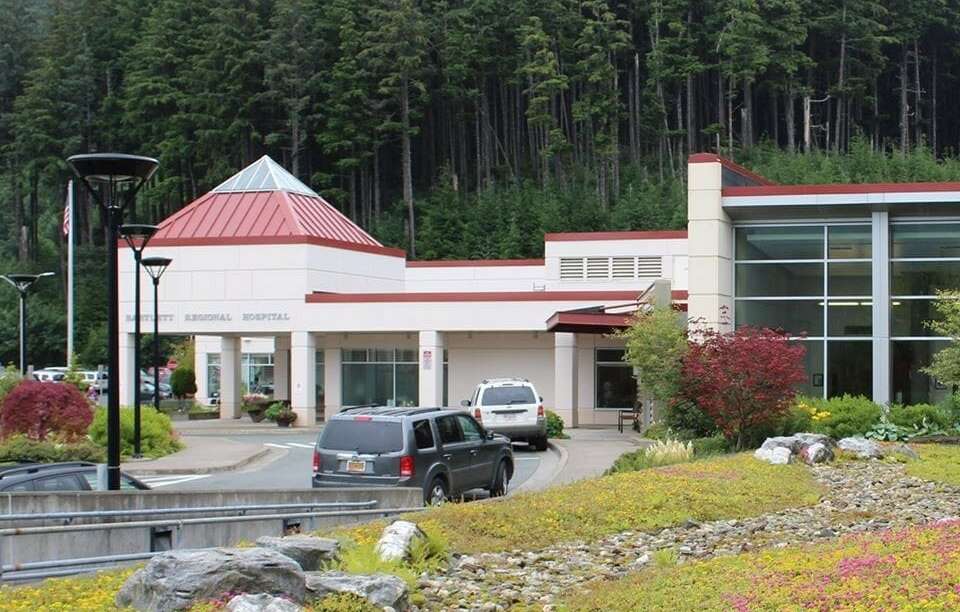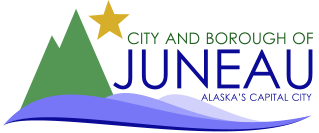
Bartlett Team prepares for cruise season & Novel Coronavirus
Updated information February 24, 2020:
- Bartlett Regional Hospital is prepared to deal with COVID-19 (novel coronavirus).
- BRH is closely monitoring this global public health emergency.
- BRH Infection Prevention is engaged in ongoing preparation and training.
- BRH has a plan it is constantly reviewing and updating as this is an ever changing situation.
BRH is not alone in these efforts. We are part of a strong public health care system with the foundation of the Centers for Disease Control and Alaska Department of Health and Social Services. DHSS and CDC are actively monitoring the situation and have screening processes in place designed to keep the public safe. To date, no COVID-19 cases have been reported in Alaska. The risk of contracting flu is much higher, and flu activity is currently high in Juneau. For the general American public, who are unlikely to be exposed to this virus, the immediate health risk from novel coronavirus is currently considered low. There is no COVID-19 vaccine at this time.
Prevention: Follow hand hygiene and respiratory etiquette as recommended for flu spread prevention.
Face masks are not recommended for people who are well. Face masks should be worn by those who are symptomatic to protect others from the risk of being infected.
We’d like to reinforce the message to treat others with respect and courtesy, please don’t stigmatize anyone just because they are sneezing or because they have recently travelled to an area where there are cases of COVID-19.
To protect yourself when and before traveling:
- Visit CDC’s Travelers’ Health website: cdc.gov/travel. Enter your travel destination to read about travel warnings or health recommendations for many destinations worldwide.
- Cruise ship recommendation to or within Asia, visit: cdc.gov/travel/page/cruise-ship-asia
- For international travel, check for U.S. Department of State travel advisories: state.gov/content/travel/en/international-travel.html
Original release February 20, 2020:
The first case of infection from the novel (new) coronavirus was identified in Wuhan, Hubei Province, China in early December. The first case in the United States was reported in Washington State on Jan. 21, 2020. The World Health Organization (WHO) declared a global public health emergency on Thursday, Jan. 30, and the United States declared a national public health emergency the following day. Because this is a new strain of coronavirus, there is still much to learn.
– Centers for Disease Control and Prevention
While the COVID-19 (the novel coronavirus) outbreak has spread internationally and case counts continue to rise, no cases have been reported in Alaska and the risk of exposure to the virus remains low at this time. The risk of contracting flu is much higher. As of today, 15 cases of COVID-19 have been reported in the United States. Bartlett Regional Hospital is closely monitoring and preparing for this public health threat along with the Centers for Disease Control and Prevention (CDC), the World Health Organization (WHO), and the Alaska Department of Health and Social Services (DHSS).
Juneau has a robust tourist season, attracting people from all over the globe to visit. Many of those visitors arrive on cruise ships. Conversations have already begun and are ongoing regarding how Juneau and other Southeast communities would handle a cruise ship that could potentially have passengers infected with COVID-19 on board.
We understand that the news of the Diamond Princess, quarantined in Yokohama, Japan, and the repatriation of Americans who were on board that ship, might spark concerns among Alaskans about our own preparations for cruise ship season.
In a recent presentation to state legislators, DHSS Chief Medical Officer Dr. Anne Zink noted that cruise lines are incorporating pre-boarding screening for COVID-19. Alaska’s healthcare community is taking the COVID-19 risk seriously by working to detect possible cases and making preparations in the event of a reported case.
Infection prevention and infectious disease management is what health care providers practice on a daily basis. In response to this global health concern and in preparation for the upcoming cruise ship season, Bartlett Regional Hospital department heads are meeting regularly with BRH Infection Preventionist Charlee Gribbon. Part of the plan is training healthcare provider staff on proper use of personal protection equipment (PPE) including gowns, gloves, facemasks and eye protection. BRH’s team is also assessing PPE, IV fluids and medication supply, ensuring adequate levels. Alaska Department of Health and Social Services provides support, training and guidance based on the latest information from the CDC.
“We could respond right now if we needed to,” said Gribbon. “The plan is to be ready and stay ready.”
Of greater concern is the current high level of flu activity in Juneau. Gribbon put the contrasting exposure risk in perspective. Current national flu season data shows at least 26 million flu illnesses, 250,000 hospitalizations and 14,000 deaths. Flu activity is forecast to remain until the end of April.
Anyone with flu symptoms – fever, cough, body aches – is asked to wear a mask while visiting the hospital and to avoid visiting in-patients.
“Flu prevention measures and readiness will help keep our community resilient and our patients safe,” said Gribbon. The best way to prevent the flu is to get an annual flu vaccination. It is not too late to get a flu shot at from local healthcare providers or pharmacies.
###
COVID-19 symptoms are similar to those of the flu, and it is thought to spread by respiratory droplets, coughing and sneezing. Everyone is reminded to help protect against all respiratory illnesses by washing your hands and with good respiratory etiquette. And please follow these tips from the Centers for Disease Control:
- Wash your hands often with soap and water for at least 20 seconds. If soap and water are not available, use an alcohol-based hand sanitizer.
- Avoid touching your eyes, nose, and mouth with unwashed hands.
- Avoid close contact with people who are sick with respiratory symptoms.
- Stay home when you are sick.
- Cover your cough or sneeze with a tissue, then throw the tissue in the trash.
- Clean and disinfect frequently touched objects and surfaces.
For more information, contact Charlee Gribbon, RN, BSN, CIC, BRH Infection Preventionist at [email protected], 907-796-8413 (office), or 907-796-8566 (fax), or 907-957-6809 (cell).
Resources:
